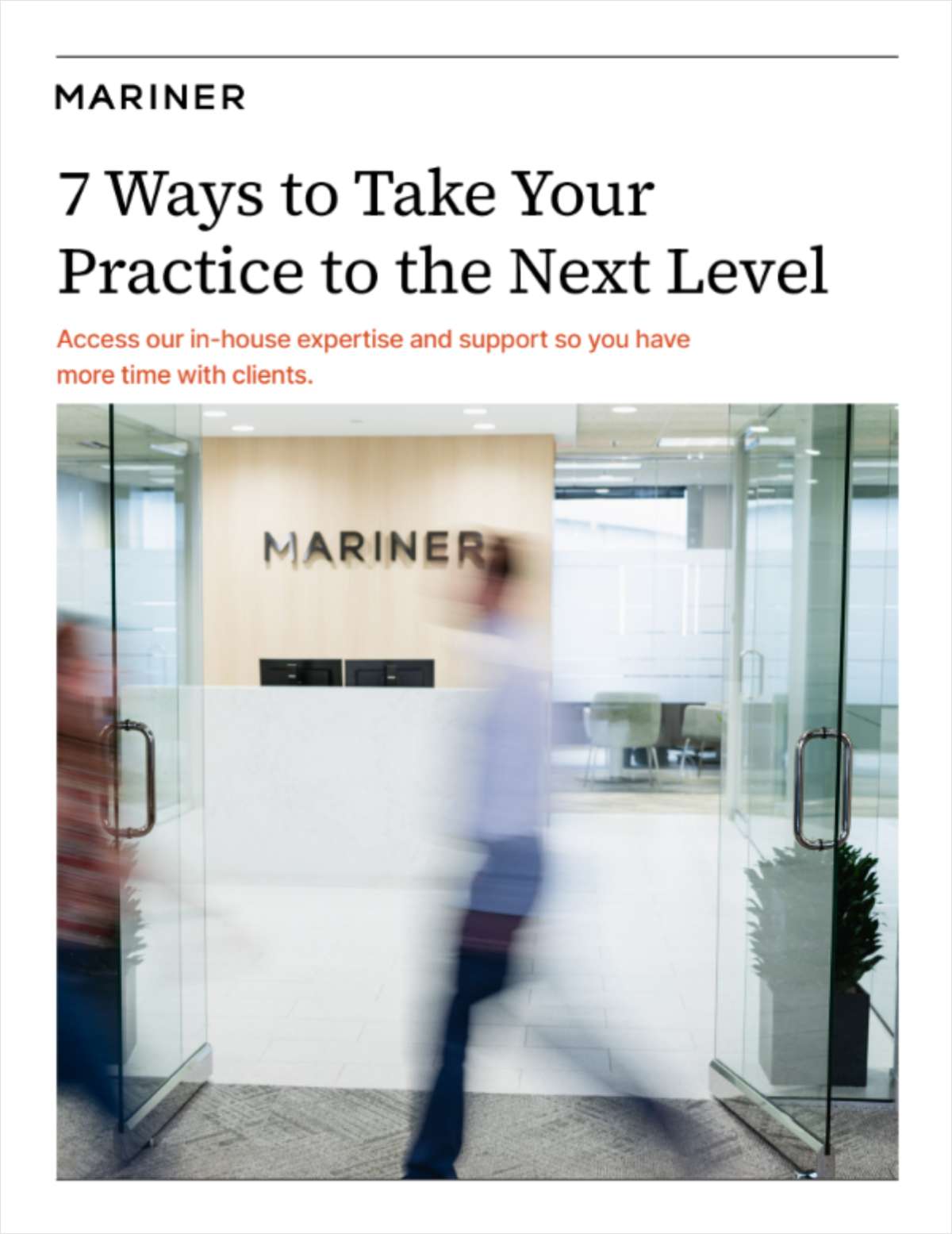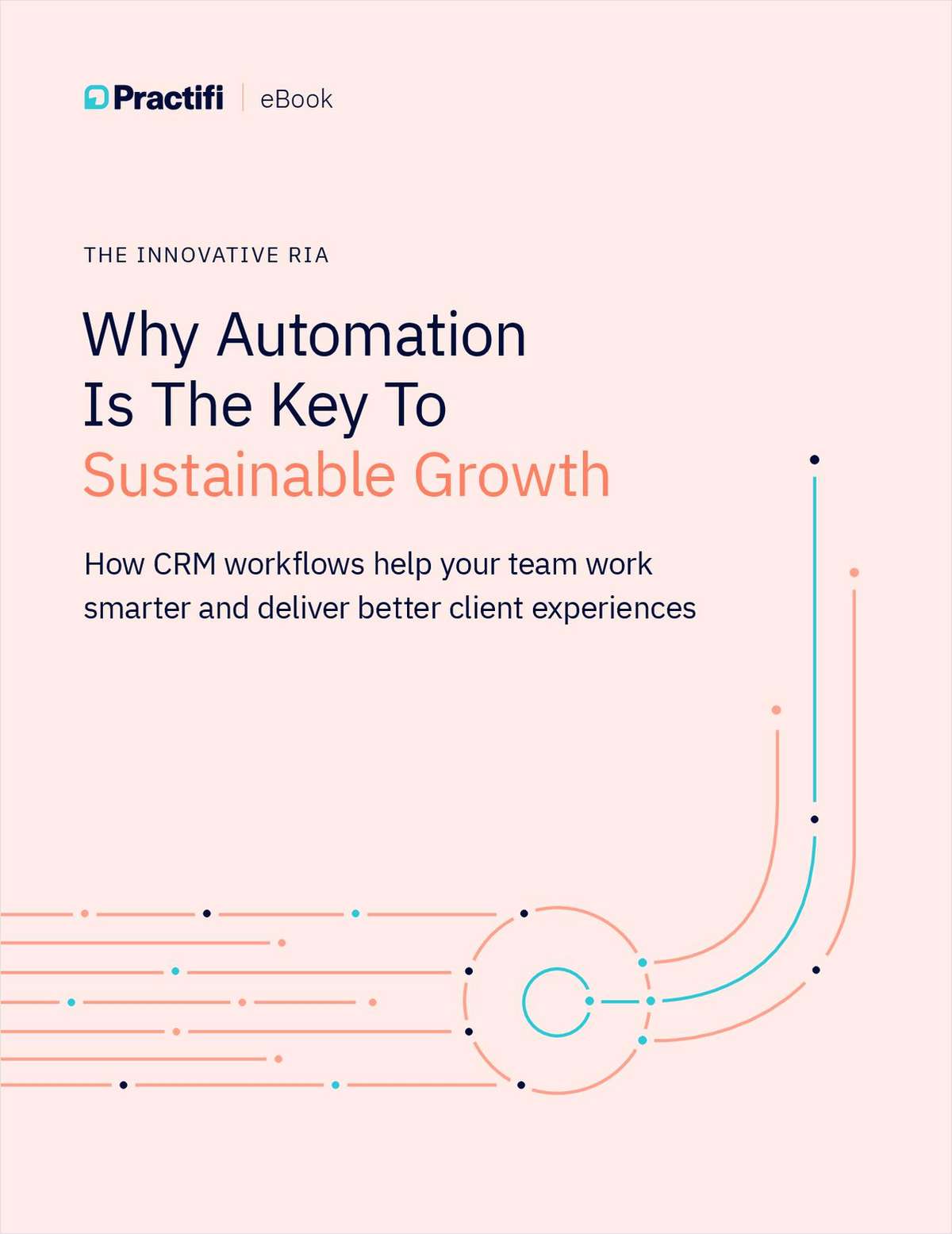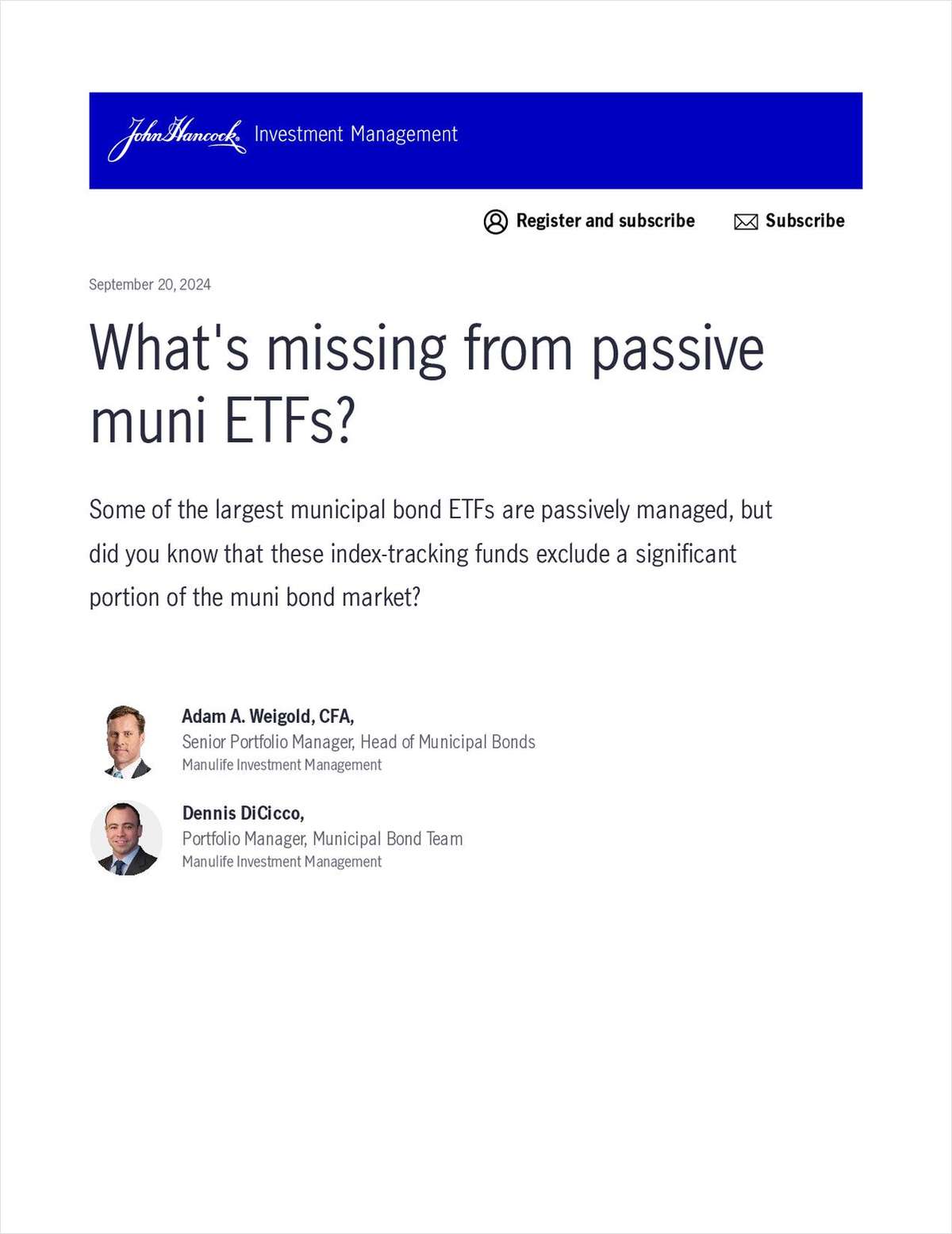
It was the year Mark Zuckerberg turned 6. Not far from the Harvard dorm where Zuckerberg would one day hatch “thefacebook,” a young stock-picker landed what would become, quite literally, the job of a lifetime.
No one could have guessed how the ensuing decades would unfold for market-beating Will Danoff, today one of the most successful mutual fund managers in the history of Fidelity Investments.
Since that moment in 1990 — 34 years and counting — Danoff has presided as the sole manager of the Fidelity Contrafund, a $155 billion behemoth that’s now a major investor in Zuckerberg’s Meta Platforms Inc. and a fixture of many 401(k) plans. In total, he manages about $300 billion of client money.
And so far in 2024, Contrafund has returned 41%, putting Danoff on track for his best performance since 1991, his first full year at the helm.
His run has few parallels at Fidelity or anywhere else. No other mutual fund this big is managed by only one person. And Danoff, 64, said he’s not done yet.
“I don’t think I’d do well in retirement,” Danoff said in a phone interview from Fidelity’s Boston headquarters. “I don’t play golf, and I’m not very good at tennis.”
In past eras, a money man with hundreds of billions of dollars under his watch would enjoy something akin to celebrity status. But the glory days of mutual funds are gone, and Danoff, for all his success, isn’t a name that turns many heads outside the investment world.
Hanging over the entire mutual fund industry is a sobering fact: Many people have come to view stock-pickers as relics. Nowadays, more than half of all the assets in US mutual funds are invested in passive strategies such as index funds, up from about a third a decade ago. History has shown that many actively managed funds – the ones run by people who actually choose investments — struggle to beat the market over the long run.
Not Danoff.
He has outperformed the S&P 500 over almost any conceivable time frame — one, three, five, 10, 20, 25 and even 34 years, according to Morningstar Inc. data. Since his arrival in September 1990, Contrafund has delivered a total return of 8,870%, data compiled by Bloomberg show, more than double the S&P benchmark — and almost 3 percentage points better on an annualized basis. Its rocket fuel lately: big, potentially risky bets on Meta and Nvidia Corp.
All this raises the inevitable question: What does it mean for Fidelity if one day Danoff decides to stop? He has been running the fund since Germany was reunited and Madonna’s Vogue hit the charts. When he took over, there was no Alphabet Inc., no Amazon.com Inc., no Nvidia — along with Meta, another major Contrafund holding. Few Wall Street pros had even heard of the web.
Danoff’s famous mentor, Peter Lynch, reigned over the Fidelity Magellan Fund for a mere 13 years. On the other side of the country, Bill “Bond King” Gross lasted 26 years at the helm of Pacific Investment Management Co.’s Total Return Fund.
Key-Man Risk
Robby Greengold, a Morningstar strategist, calls Danoff an exceptional stock-picker. At the same time, he said the sheer size of Contrafund magnifies the key-man risk associated with his extraordinary role at Fidelity.
The firm says it has a succession plan in place — just in case. He and other executives decline to discuss that plan publicly, beyond pointing to what they repeatedly characterize as a deep bench of managers who would be ready to step in.
Institutional investors, 401(k) plan providers and analysts have been encouraged to meet with several other portfolio managers, according to people familiar with the matter. Nidhi Gupta, a co-manager of one of Danoff’s smaller funds since 2020, and Matt Drukker, co-manager of a smaller version of Contrafund, are among those that analysts are watching.



